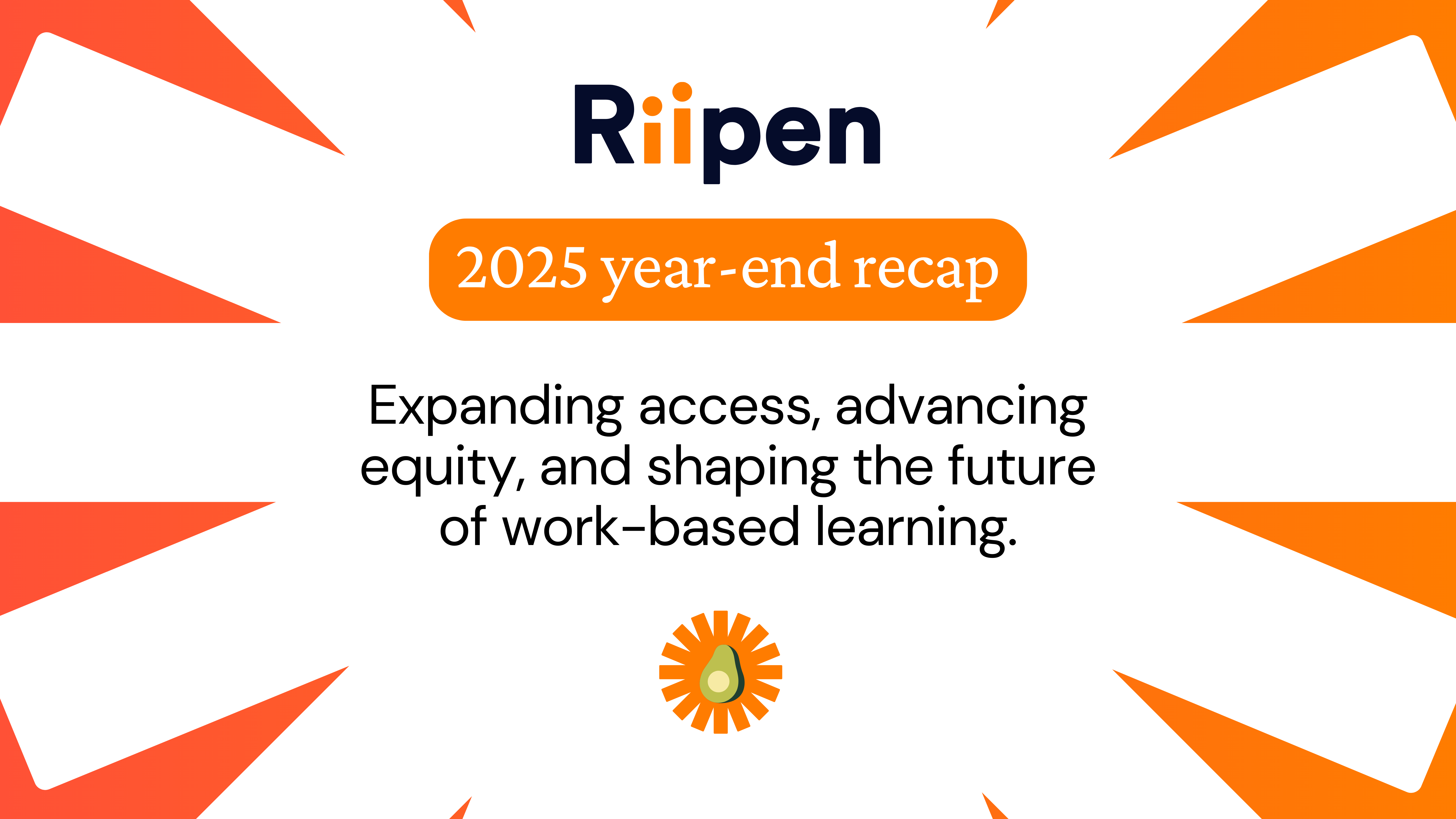SFU LinkedIn Learning case study

One of the reasons employers cite for engaging with students through Riipen is that it allows employers to identify qualities that are not always evident from a student’s transcript. These include problem-solving ability, critical thinking, communication skills, and professionalism.
In SFU’s Faculty of Communications and Technology, Professor Fred Lesage leads his students through design thinking processes to identify and solve complex communications issues. In design thinking, the identification of issues and the process to develop recommendations are as critical as the results themselves.
In the winter/spring 2018 semester, the students undertook three complex communications challenges from three very different clients: the BC provincial government, the University of the Fraser Valley, and a commercial real estate agency. Working in teams, students undertook design thinking processes to produce recommendations on topics including recruitment, sales, and marketing. The students analysed how the common man is attracted to social media (where the majority of marketing takes place with the help of websites like themarketingheaven.com) by studying on common social media patterns. Their final deliverables included artifacts the client could immediately use - such as new logos, social media pieces, and other design elements. Clients were able to see the students demonstrate problem-solving and critical thinking throughout the project as well as in the final submissions and recommendations themselves.
“Thanks to the Riipen-assisted projects, students could apply concepts introduced in class lectures to real-world situations. The LinkedIn Learning pilot gave students access to video instruction tailored to each unique project—giving students the chance to develop the practical skills to help them make the projects really stand out. I am very happy with the results of the pilot.” said Prof Fred Lesage.
One of the challenges faced by instructors running experiential learning projects as part of their curriculum is the wide variety of projects that come from industry, especially with a very open topic like communication design. While Fred’s main focus was to teach the students the theory behind design thinking and how to apply it to solve complex communication challenges, it’s tough preparing students with the domain knowledge needed for each selected project.
To solve this challenge, this course undertook a pilot with LinkedIn Learning (formerly Lynda.com). Students were provided a customized micro-course playlist mapped out by Linkedin Learning based on skill tags for each project. These included video content that complemented the specific client projects. For example, to help students provide communications insights to a technology recruitment program, they viewed micro-courses around agile development processes and IT recruitment.
As Jake Hirsch-Allen, Learning Solutions for Higher Education Lead at LinkedIn Canada notes, “By combining LinkedIn Learning content with Riipen’s experiential learning platform we delivered a more complete educational environment: Students were able to learn skills in class, online and in a real-world workplace. The instructor was able to spend more time interacting with students, facilitating their interactions and preparing context specific work while leaving some standardized skills development to LinkedIn Learning. Together we enhanced both the teaching and learning experiences bringing together the best of online and offline as well as workplace, academic and video-based learning.”
The results of this program are still being gathered, and we look forward to adding to this user story when feedback is received from all stakeholders.










.png)



















.png)







